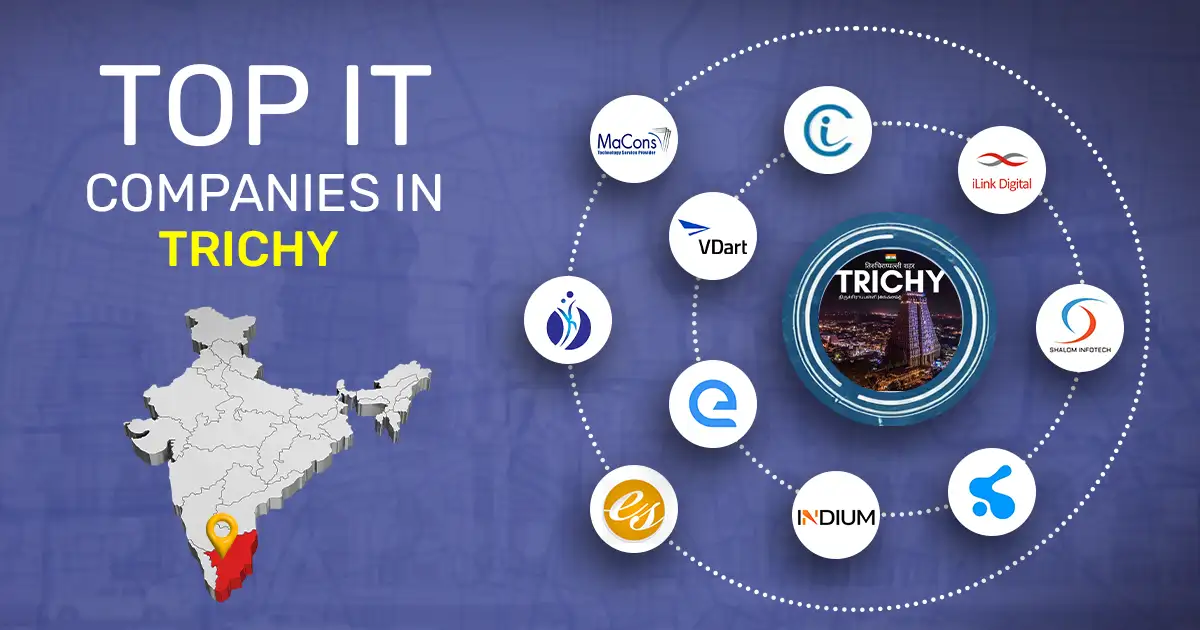
Introduction
Have you ever thought about building a thriving Nidhi Finance Company? With a well-structured Nidhi Company Plan, you can enter the financial sector and help communities save and borrow efficiently.
A Nidhi Company combines cooperative banking principles with mutual financial services, providing loan and deposit options exclusively for members.
In this guide, we will explain everything, from the Nidhi Company plan to the Nidhi Company business model, registration process, compliance, investment strategies, and loan services. Let’s get started!
What is a Nidhi Company?
A Nidhi Company is a Non-Banking Financial Company (NBFC) registered under Section 406 of the Companies Act, 2013. However, unlike standard NBFCs, it is solely focused on member-based financial transactions, encouraging a culture of saving.
Key Features of a Nidhi Company:
- Encourages savings among members
- Accepts deposits and offers loans at lower interest rates
- No RBI license required
- Can only lend to members, reducing credit risk
- Strictly limited to non-commercial financial activities
Why You Need a Strong Nidhi Company Plan
Creating a successful Nidhi Company Plan ensures long-term stability, profitability, and compliance with financial laws. A well-structured plan must include:
- A clear investment plan for Nidhi Company
- A roadmap for Nidhi Company compliance
- A framework for Nidhi Company loan services
- Strategies to enhance the profitability of Nidhi Companies
Benefits of Starting a Nidhi Company
Starting a Nidhi Finance Company comes with multiple advantages. Here’s why entrepreneurs opt for a Nidhi Company business model:
1. Easy Registration & Low Capital Requirement
- A Nidhi Company can be incorporated with just ₹10 lakh paid-up capital.
- Unlike other NBFCs, no RBI approval is required, making it easier to start.
2. Secure & Regulated Business Model
- A Nidhi Company is governed by the Ministry of Corporate Affairs (MCA) under the Nidhi Rules, 2014.
- It provides a safe and transparent framework for operations.
3. Minimal Risk & High Stability
- The risk of bad debts is low because loans are only given to members.
- Loans are often backed by collateral (gold, property, FDs, etc.).
4. High Return on Investment (ROI)
- Offering secured loans ensures a steady flow of profits.
- A well-planned investment plan for Nidhi Company keeps liquidity intact.
Eligibility Criteria for Registering a Nidhi Company
To start a Nidhi Finance Company, you must meet the following conditions:
- Minimum of 7 members (3 must be directors)
- Paid-up capital of at least ₹10 lakh
- Registered office with a unique company name (approved by MCA)
- 200 members within the first year of incorporation
- Net Owned Fund (NOF) to deposit ratio of 1:20
- Corporate Identification Number (CIN) from MCA
Step-by-Step Nidhi Company Registration Process
Setting up a Nidhi Finance Company involves the following steps:
Step 1: Obtain Digital Signatures (DSC) & Director Identification Number (DIN)
- All directors must get a DSC and DIN to complete the online registration process.
Step 2: Name Reservation via RUN (Reserve Unique Name)
- Submit the proposed Nidhi Company name through the MCA portal.
- The name must include “Nidhi Limited” at the end.
Step 3: Filing Incorporation Forms
- Prepare and submit the SPICe+ form along with:
- Memorandum of Association (MoA)
- Articles of Association (AoA)
- Identity & address proof of members
Step 4: PAN & TAN Application
- Once incorporation is complete, apply for PAN and TAN.
Step 5: Open a Bank Account & Deposit Paid-Up Capital
- Deposit the initial capital in a Nidhi Finance Company business account.
Step 6: File Compliance Form NDH-4
- Within 120 days of incorporation, submit NDH-4 to declare the number of members and capital structure.
Nidhi Company Compliance Requirements
To ensure smooth operations, follow these Nidhi Company compliance guidelines:
- Annual Return Filing (Form NDH-1 & NDH-3)
- Financial Statements & Audit Reports (Form AOC-4 & MGT-7)
- Maintain 1:20 NOF Ratio Compliance
- No External Borrowings Allowed
- Net-Owned Fund of ₹10 lakh minimum
Failure to comply may lead to penalties or cancellation of registration.
Challenges Faced by Nidhi Companies
Although a Nidhi Finance Company has a low-risk structure, there are some challenges:
- Meeting the 200-member requirement in the first year
- Strict regulatory filings & MCA compliance
- Limited business activities (only deposits and lending)
- Competition with NBFCs and cooperative banks
- Building trust among members
Profitability of Nidhi Companies
A well-structured Nidhi Company Plan can ensure high profitability through:
- Low-cost deposits from members
- Loan services at competitive interest rates
- Gold loans, property loans & fixed deposit-backed lending
If implemented correctly, the profitability of Nidhi Companies can be significant, ensuring steady growth.
Conclusion
A Nidhi Company business model is an excellent opportunity for entrepreneurs looking to establish a member-driven financial institution. However, strict compliance, a strong investment plan, and sustainable member engagement are key to success.
With the right Nidhi Company Plan, you can build a stable, profitable, and legally compliant financial business.
Need professional help? RegisterKaro simplifies your Nidhi Company registration with end-to-end support. Get started today!




